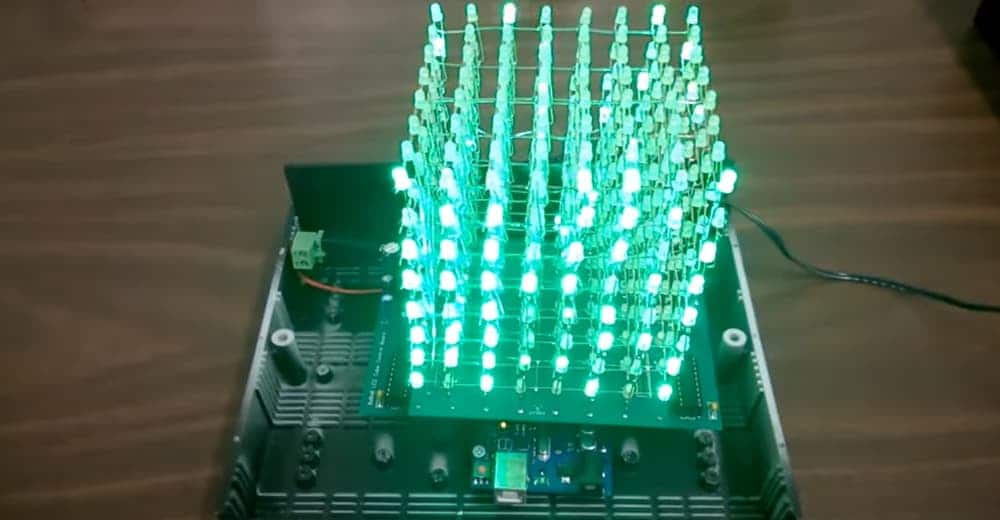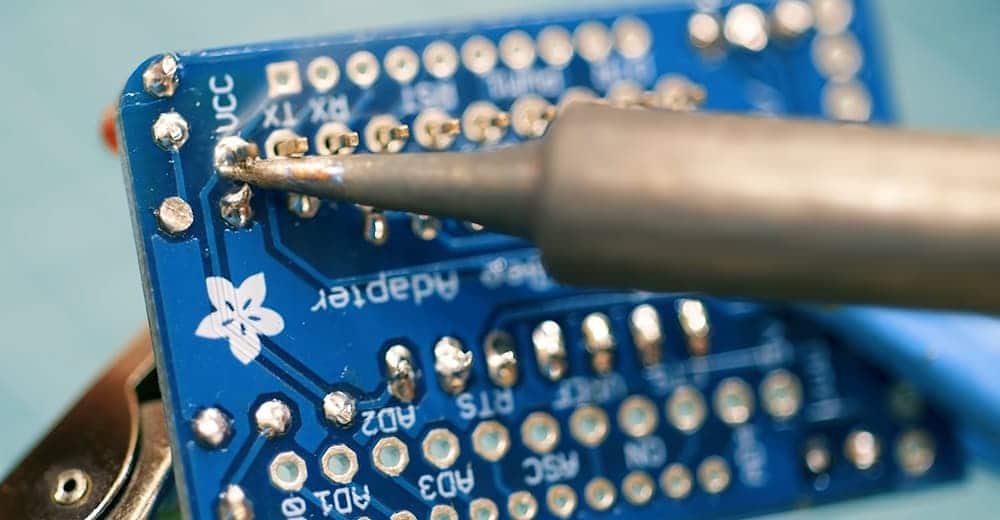Why electronics? What is the reason behind it? Why to learn electronics if nowadays you can buy anything you wish? Well, these are perfectly fair questions to which I have some answers.
I’m convinced that no one is going to argue that we are living in the world of various electronic gadgets and gizmos. And it’s hardly possible to imagine our life without the existence of the electronics we have available at the moment.
Since my early childhood I’ve been interested in various electronic gadgets, and never missed a good chance to take them apart and look what was inside. I must admit, some of them I was able to put back together in a workable condition, others simply went to a bin after they were disassembled (meaning “broken”). However, I did my best to fix them. Basically, that was how I got started with both: my profession – architecting and designing innovative computer systems – and hobby – repairing and restoring vintage audio equipment.
You may argue why waste any time if you can buy any device you wish. Yes, true, but your life is totally different, if you have a hobby. I bet you know how it goes with it. You try to stay on the edge of everything new and be informed of the latest developments in the area you are interested in. To keep up with the times, you read all the articles popping up in the field of your hobby. And you devote your spare time, and don’t have any self-doubts that you are doing a right thing. Well, not to mention… you simply enjoy your time, have plain fun building something enjoyable and functional. That’s what I’m doing working on any of my projects.
How to Learn Electronics at Home
Let’s face it, I have a professional background and years of experience in audio, visual and light electronic equipment and more. However, it doesn’t necessarily mean that you need to be a professional. You can begin leaning electronics at any age you find the topic interesting. Some of my friends started showing interest in electronics at the age of 40, others – when they were teenagers. And all of them are doing fine and in accordance with their level of knowledge and expertise. Just remember one thing: it’s never late to start learning electronics as you would be able to find kits for any level of knowledge and expertise.

There’s no need to be a university professor and have any special tools. If you want to make your first steps in electronics, you should always start with the basics. There are so many starter tutorials and kits available, that you won’t have any troubles to make a right choice.
Most of the tutorials not only cover the fundamentals of electronics but giving you an opportunity to try your hands and help you go through.
Note: What is an electronic kit?
A kit is a package of electrical components that are used to build an electronic gadget. Circuit diagram, electronic components, PCB (printed circuit board) or other type of prototyping board are included in the kit.
How to Learn Simple Electronics
Are there any advantages of an electronic kit for a bеginner?
In my view, proven advantage and undeniable benefit of any electronic kit is that it is composed of everything you need to build an electronic device. And being a beginner, you don’t have to waste any time looking for the components you might need. The only thing you need to do is to buy the kit, read the instruction and/or watch a video, and start assembling the gadget.
In the Learning section here you will find various tutorials and introductory information about different types of switches, connectors, pinouts (Arduino Nano Pinouts), some basic information related to programming of Arduino Nano, how to learn electronics with Raspberry Pi, etc.
If you would like to learn electronics circuit design, some detailed information and step-by-step instructions are available in the section Cool Electronic Kits.
As you probably have heard, most of the electronic projects require soldering; however, there are some kits with so called “snap circuits”. Using snap circuits kits, you have a chance to avoid soldering and learn basics of electronic circuits. You will get an idea of the fundamentals behind circuity, and will learn how to create circuits and use them to build various electronic devices. Having said that, snap circuits is a great and easy way to help kids learn how to build them.
How to Learn Solder Electronics
However, if you want to start leaning electronics with building some electronic gadgets where soldering is required and you don’t have a clue how a soldering iron looks like, you can go for educational soldering kits or Solder Project Kits. They will help you to start mastering your soldering technique. Of course, being an absolute beginner, you should choose soldering kits for beginners. In the Solder Project Kits section there are a few kits helping you to learn basic soldering techniques.

If you are above a beginner-level, and you feel yourself confident with more complicated projects, you should go for an intermediate and advanced skill level soldering projects. You will have a good chance to learn how to build electronics. Again, I can recommend you some nice kits listed in the Soldering Project Kits section. There you could also find very popular solder project kits by well-known manufacturers: Elenco, Velleman, Chaney and more to every taste and budget. Actually, when it comes to budget: in the Cool Electronic Kits section you can also have a look at my review of 10 Cool Solder Project Kits Under 50 Dollars.
In the light of my own experience, I can tell you that the best way to learn radio electronics is to start building radio gadgets. Doesn’t matter the type, radio kit is one of the easiest ways to get the understanding of electronic circuitry, and gain experience in a field. And don’t forget that you are not only going to have fun assembling the kit, but once done, you will have a reliable and unique workable radio station. Best Radio Kits section also contains some posts related to the radio kits for users with different level of expertise.
Once you feel that you want to try your hands at more complicated items, go to DIY! There you will find detailed guide how to assemble various electronic gadgets using different components. Components reviews will help you to find any component you might need and give you the update of the latest technical developments in the sphere of electronics.
And Tips section contains various articles with frequently asked questions (FAQ), and tips and tricks for circuit designers (for example, How to Safely Discharge a Capacitor).
This site is easy to navigate and move around its sections. And I do hope that you would be able to find any information related to learning of electronics, irrespective of your level of knowledge and expertise.
Have fun and good luck! Just do it!